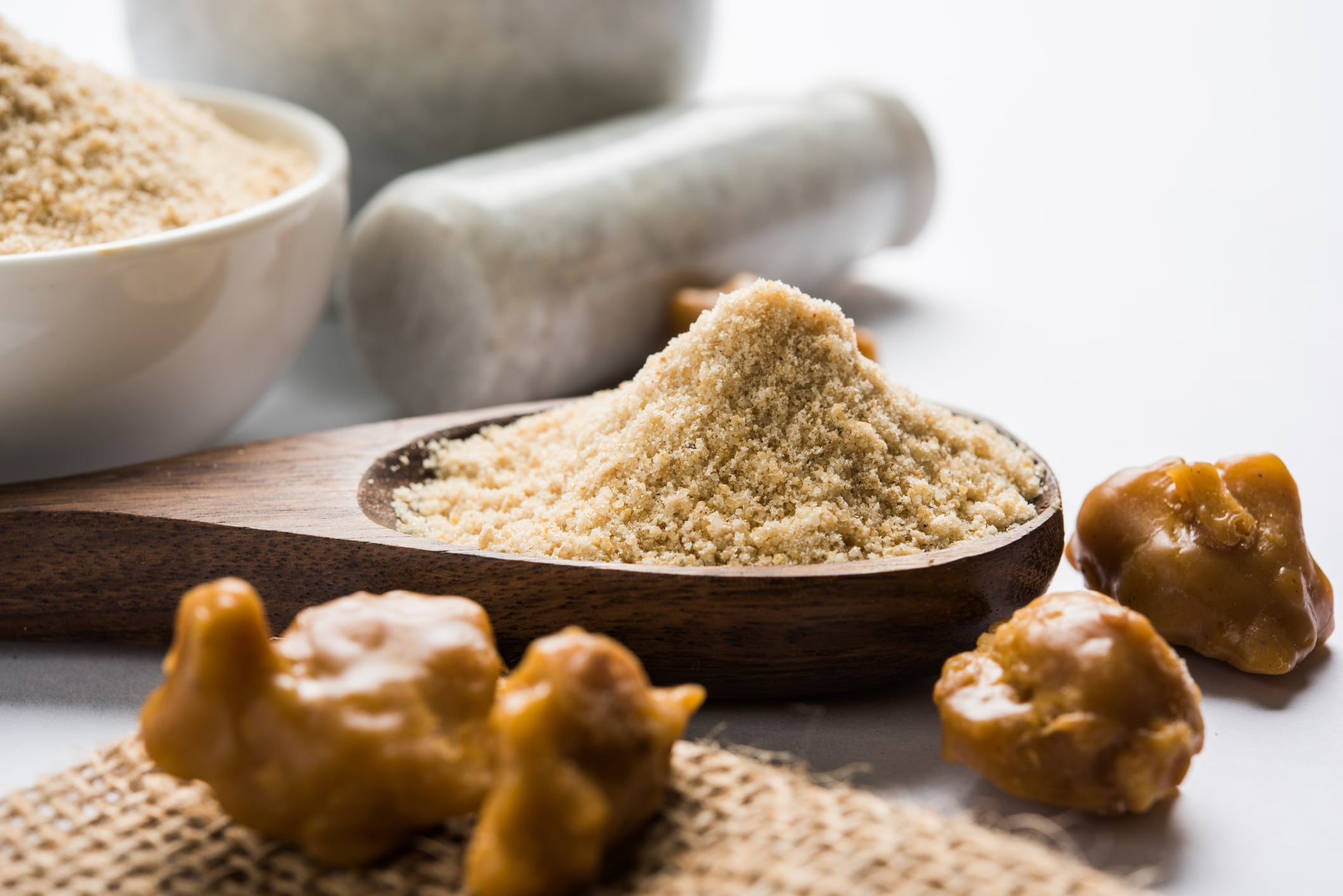The results indicated that participants taking the supplement showed beneficial shifts in microbial composition and diversity, demonstrating “significant modulation of the microbiome–gut–brain axis,” wrote researchers from Akay Natural Ingredients, who funded the study, and other institutions in India.
“These findings support the potential of ASF as a safe and effective dietary supplement for gut and cognitive health in individuals with FD,” they added in the journal Medicine (Baltimore).
Functional dyspepsia (FD) is a functional disorder of brain–gut interaction that affects approximately 8.4% of the global population.
Bidirectional communication between the microbiome, gut, and brain has been investigated in many gastrointestinal disorders. Previous research has demonstrated a genetic correlation between cognitive traits and some gastrointestinal disorders, including potential associations with cognitive decline, and other studies have shown abnormally functioning brain regions in FD patients.
FD is also a common side effect in people taking GLP-1 drugs, whose use in the non-diabetic population rose by more than 700% in the US in four years.
Asafoetida is a spice widely used in Indian cooking and recognized in traditional herbal medicine for its medicinal properties. Studies suggest it may support the digestive tract, is anti-inflammatory, and neuroprotective.
“Considering the positive effects of asafoetida in gut and brain, the present study was aimed to investigate its influence on dyspepsia symptoms, and further to evaluate its effect on GBA [gut-brain axis] modulation,” the current researchers wrote.
“Collectively, our results indicate the positive modulation of MGBA [microbiome-gut-brain-axis], and reduced dyspepsia symptoms severity scores, improved focus and sleep, and digestion upon ASF supplementation,” they concluded.
Study details
Researchers randomly assigned 62 participants diagnosed with FD symptoms to receive
a food-grade formulation of asafoetida oleo-gum resin in a fenugreek fiber soft hydrogel marketed as Asafin (ASF), at a dose of 250 mg/day for 14 days or placebo.
The researchers evaluated participants using the Leuven Postprandial Distress Scale, the Choice Reaction Time Test, the Bergen Insomnia Scale (BIS), the Bristol Stool Form Scale, and gut microbiome profiling.
ASF treatment showed positive effects on bloating, early satiety, heartburn, and postprandial fullness. It also modulated the gut microbiota by decreasing the Firmicutes-to-Bacteroidetes ratio, enhancing diversity, increasing beneficial bacteria, and reducing harmful bacteria such as Escherichia and Clostridia. Participants taking the intervention improved constipation and digestive symptoms, sleep, attention, and focus.
The researchers noted that participants reported relief from symptoms “mainly within 1 hour of ASF administration” and by day 14, “more than 90% of the participants were ready to continue the supplementation for 3 months.”
They recommended future studies comparing the supplement with fiber-rich foods such as whole grains to gain more insight into its specific effects on digestive health.
Source: Medicine (Baltimore). 2025 Oct 3;104(40):e44590. doi: 10.1097/MD.0000000000044590. PMID: 41054174; PMCID: PMC12499811. “K. Ferula asafoetida oleo-gum resin alleviates dyspepsia symptoms through modulation of microbiome-gut-brain axis: A randomized, double-blind, placebo-controlled study.”, Authors: S. Das S et al.




